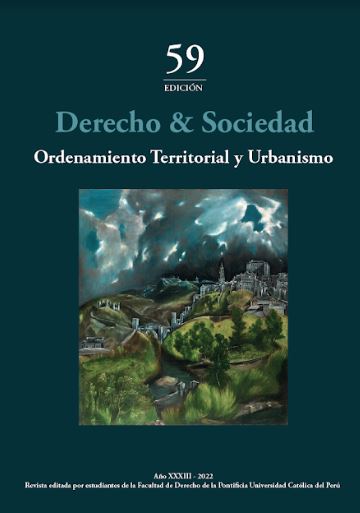Urban Heritage preservation in Peru: Legal aspects regarding work permits
DOI:
https://doi.org/10.18800/dys.202202.010Keywords:
Cultural Heritage, Urban Heritage, Historic Centers, Historic Districts, Work permitsAbstract
Urban Heritage involves buildings from the post-pre-Hispanic era designated as cultural heritage, whether in the form of a city neighborhood, such as a Monumental Zone, or declared individually as a Monument, among other categories. This article carries out an analysis of the Peruvian regulations regarding one of the main protection measures, which is the legal obligation to request authorization from the Ministry of Culture to carry out works. After identifying the different legal categories of urban heritage, it will be shown that such categories determine a gradual and differentiated application of the required permits as well as of the authority with jurisdiction. Specifically, attention will be focused on the peculiarities of the gradual protection in a Monumental Zone, as well as for the protection of the surrounding area of a building designated as cultural heritage.













